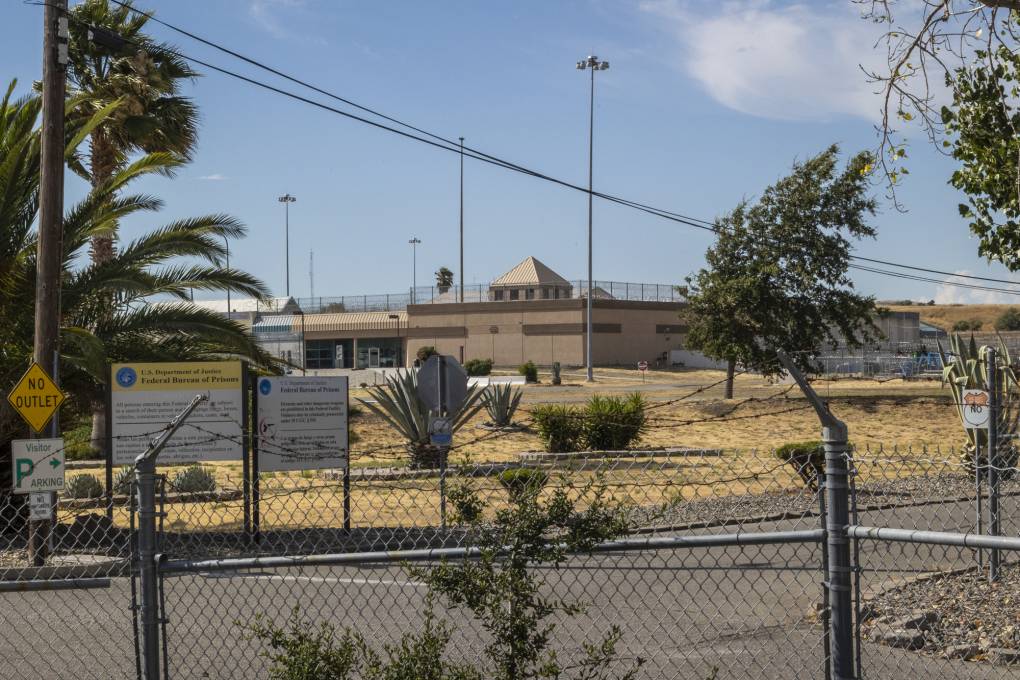
If appointed, the special master for FCI Dublin would be a first in the history of the U.S. Bureau of Prisons. It would entail bringing in a neutral third party to monitor the prison and any potential policy changes, KTVU reports.
“Our clients rightly perceive that they are at imminent risk of serious harm because the Bureau of Prisons is still out of control with regard to protecting female prisoners from sexual assault and abuse,” Galvan said.
Rosen Bien Galvan & Grunfeld LLP, Rights Behind Bars, the California Collaborative for Immigrant Justice, and attorneys from the law firm Arnold & Porter Kaye Scholer LLP represent plaintiffs.
In August, attorneys filed a potential class action lawsuit on behalf of eight women incarcerated at FCI Dublin who allege sexual abuse and retaliation from FCI Dublin officials and several individual officers.
They also asked the court for a preliminary injunction and to order immediate changes at the facility, including an end to solitary confinement, unless there is sufficient evidence that it’s not used for retaliation against people who report abuse. They are simultaneously seeking improved access to adequate off-site medical and mental health care.
At a December court hearing, attorneys representing the U.S. government argued that specific people working at FCI Dublin were the problem, rather than broader policies in the Bureau of Prisons and practices at the facility.
Judge Gonzalez Rogers was unconvinced and requested the four-day hearing before deciding whether to order changes at FCI Dublin.
During Wednesday’s hearing, the federal district judge challenged assertions that the facility’s high-security isolation cell, called a Special Housing Unit or SHU, was not used as a disciplinary response to safety concerns and reports.
“It’s hard to say [Special Housing Unit] is not punitive,” Gonzalez Rogers said. “You’re treating them just like someone who is being disciplined.”
The court previously found that multiple women were sent to the isolation unit after reporting sexual violence. Quezada said that the response was intended to protect the women who were put in the segregated unit.
“It seems there should be something that is not SHU that protects the inmates,” the judge asked. “Is there anything in between?
“There is not,” Quezada replied.
This week’s hearing started on Jan. 3 and is scheduled to continue through Jan. 5, with the possibility of added days.
KQED reporter April Dembosky contributed to this story.
This post was originally published on this site be sure to check out more of their content.








